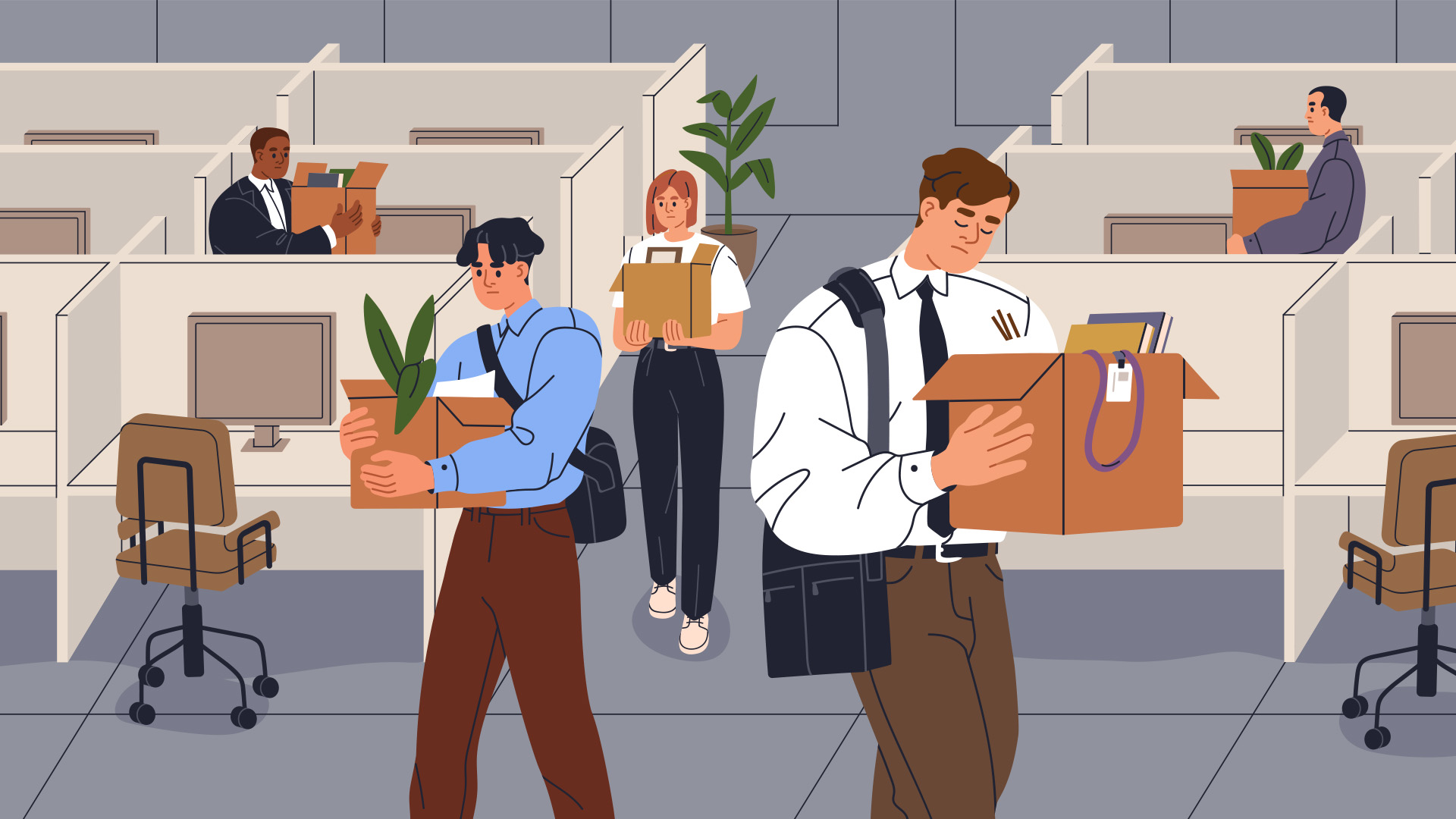-
Blog
-
About us
- Awards
- Issues
- Contact Subscribe
Blog page






Our Top Categories
The Morale Compass: Tips From the Experts on Keeping Staff Happy
Top Read In Category
asdsd

The Tips and Tricks of Design: Elevating Your Direct Mail Campaign
Top Read In Category
asdsd

The Seven Reasons to Get Funding Education
Top Read In Category
asdsd

5 Strategies for Sustainable Web Development
Top Read In Category
asdsd

Organizing Your Work Essentials For Maximum Productivity
Top Read In Category
asdsd

Employment Hero Announces £131M Series F Round and UK as European HQ
Top Read In Category
asdsd




